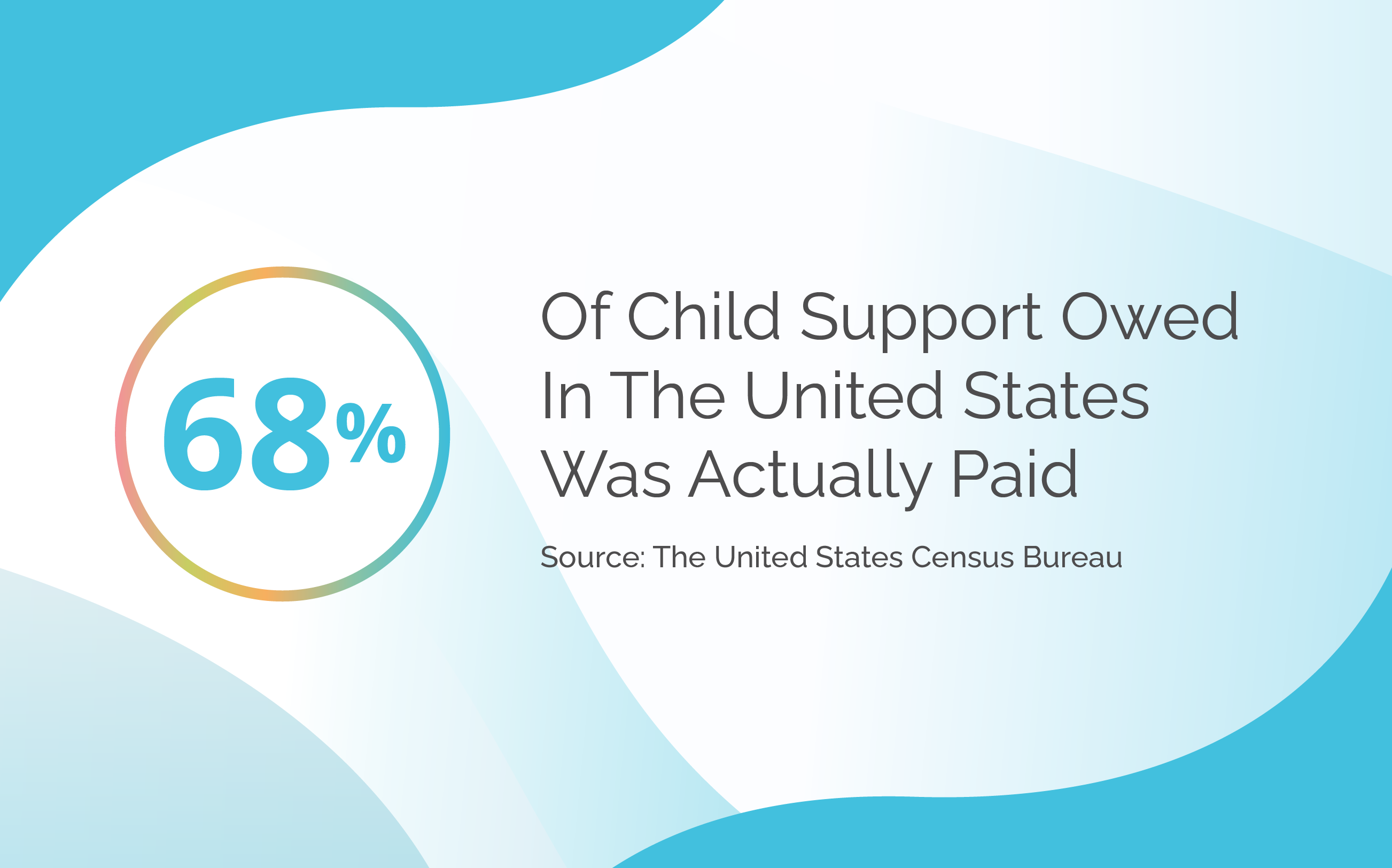Child support is a common issue in a divorce case with kids. Disputes over child support may significantly impact the co-parenting relationship and will affect the financial circumstances of the parents. As attorneys, we hear child support horror stories that are misleading or outright incorrect. This misinformation can cause people who are already dealing with a severe emotional situation to experience even more stress. Getting the facts will help you deal with facts, not fiction.
Calculating Child Support
While the laws regarding the calculation for child support may appear complicated, the formula is relatively straightforward. The formula is a calculation of various factors. In most states, this calculation takes into account two significant variables. The first variable is the respective incomes of the parties. The second variable is the number of overnights each party spends with their children. The number of overnights comes from the parenting plan. These two factors are the primary calculators for child support in most states.
In theory, if time is equal and incomes are equal, then child support would be non-existent or very minimal. However, a significant difference in income or overnights with the children will almost always result in a child support order. For example, if each party makes the same income and one party spends more time with the children, then the party with fewer overnights will likely pay child support. Likewise, if one party earns more income but the overnights are equal, the party with the higher income will likely pay child support. Weighing the respective incomes of the parties and the amount of time spent with the children is the balancing act of a child support calculation. This calculation identifies each party’s responsibility for the financial well-being of the children. To learn how child support is calculated in your state please visit our child support calculators.
Child Support Expenses
Once the initial child support obligation is defined by the guidelines, other expenses may be included. These are typically specifically related to the education and health of the children. Daycare, health insurance, and other important expenses fall into this category.
After considering these factors, a “presumptive” child support order is produced from the calculation. Barring unusual circumstances; the calculation will be a reasonable predictor of the final amount.
Please contact us to schedule a consultation with one of our experienced family law attorneys.






